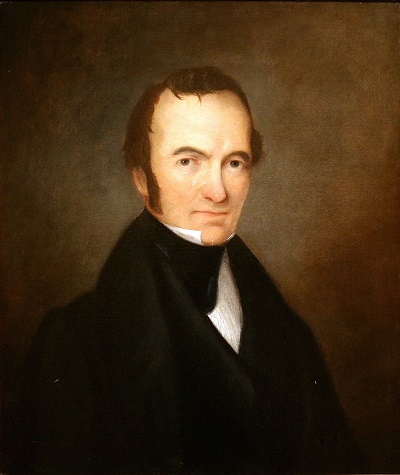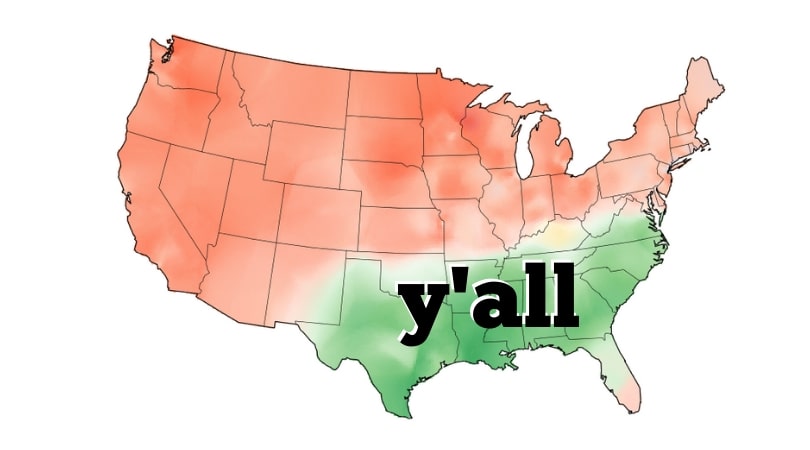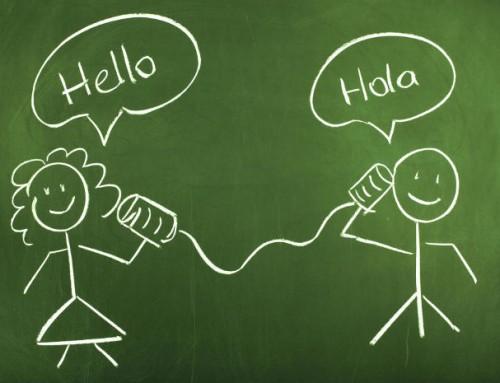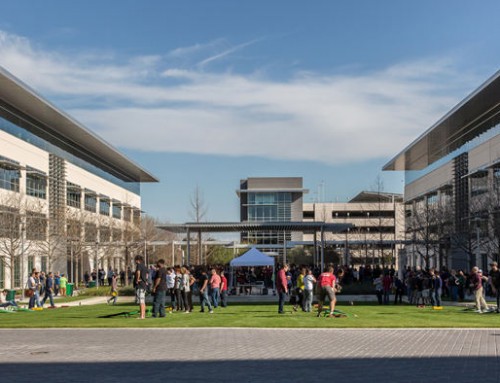In this post, we’ll answer a simple question that we often hear during our Spanish classes in Austin. Many students ask us how to say Austin in Spanish. The short answer is that there are two main ways of pronouncing Austin during a Spanish conversation. Neither pronunciation is more correct than the other. It just depends on the circumstances of your conversation.
One option is to simply say it in its common, English pronunciation, which sounds like “OS-tin.” It sounds exactly like “lost in” without the L.
The other way of saying it follows the correct phonetic pronunciation of Spanish vowel sounds. And that would be “OWS-teen.” It sounds a lot like “jousting” without the J and the G.
another post you may like:
How to Say Austin in Spanish
Therefore, to ask someone if they live in Austin, you could say
Well, when is it “OS-tin” and when is it “OWS-teen?”
The first thing to consider is that Austin was originally a surname, that of Stephen Fuller Austin, the man who is generally regarded as the founder of Texas, or even the Father of Texas. He was a white, Caucasian male from Virginia who was educated in the northeast. We have every reason to believe that Mr. Austin pronounced his name the same way most Austinites refer to their city today: “OS-tin.”
“Beel Cleen-tone”
There is therefore no issue if you say Austin with its regular, English-sounding pronunciation in a Spanish conversation. After all, it’s an American city and that’s the way most people in that city pronounce it. If you were to converse in Spanish about Bill Clinton, for example, there is no need to convert his American-English name to “Beel Cleen-tone”…even though that’s exactly how his name would be pronounced with Spanish phonetics.
Por otra parte (on the other hand)…
On the other hand, there is certainly nothing wrong with pronouncing every word, in spite of its origin, with Spanish phonetics. This is especially appropriate if the person or audience you’re speaking to are native speakers who only speak Spanish. Further, if that person has already said “OWS-teen” or “Beel Cleen-tone” during the conversation, I would definitely mimic their pronunciation of those words.
This issue goes beyond the question of how to say Austin in Spanish. The more important question is how to be a good conversationalist. That’s a much bigger topic that we’ll have to address in another post. But the short answer to that question is that it’s always better to adapt your speaking to the person you’re talking to. There’s virtually no benefit in insisting on saying words “the correct way” if your “correct way” is distracting or offensive to the other person.
What do you think? Feel free to comment down below. And by the way, if you’re in Austin and interested in learning Spanish, consider taking advantage of our free introductory Spanish class. Click here to learn more about it.
another post you may like:











Leave A Comment